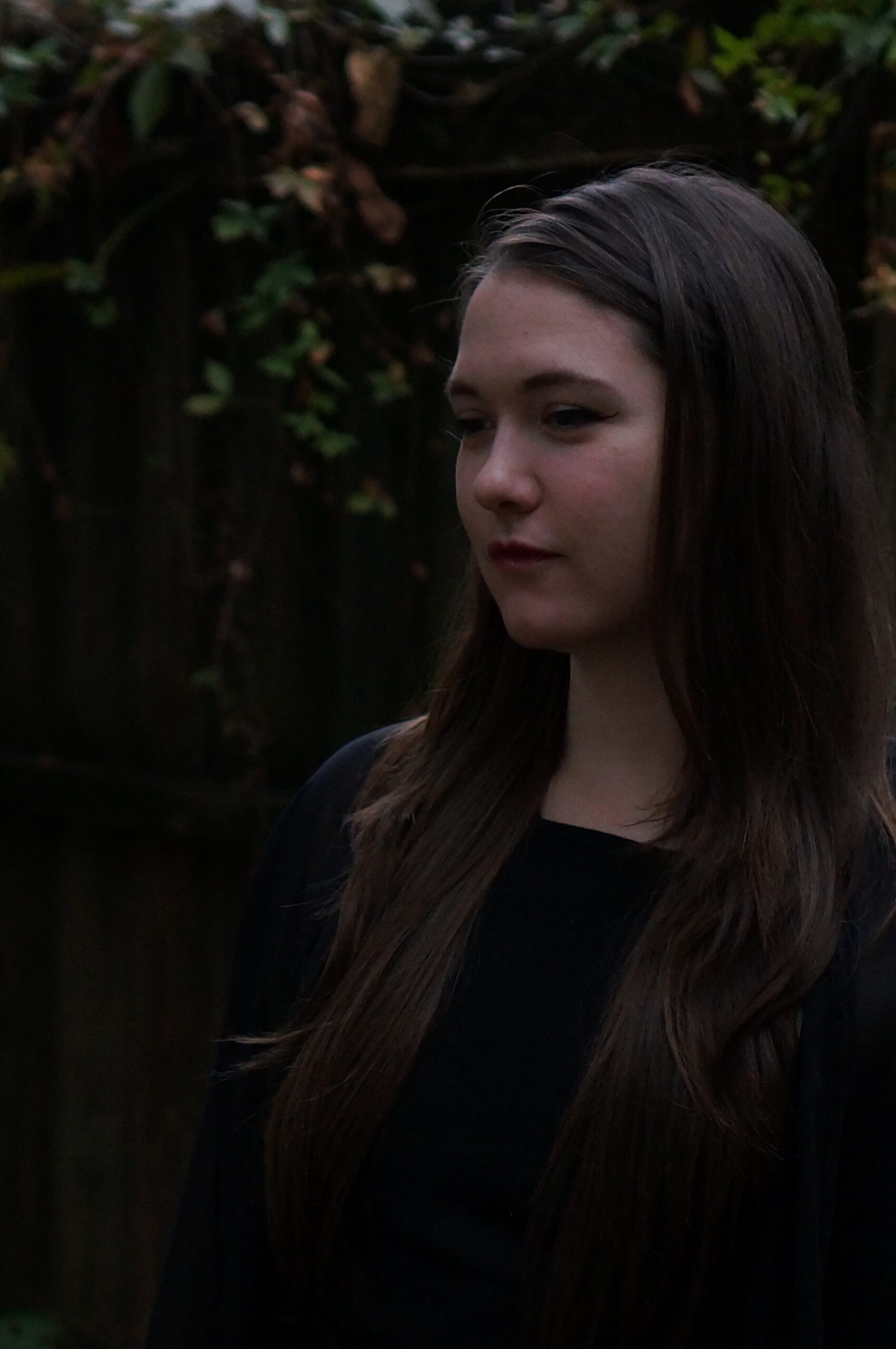Description
“A confident debut from a poet unafraid to use language like a sharpened blade, Shedding Season explores change, hunger, and the natural world.”–Shelf Awareness
A kitchen hums with flies. Grackles fill the branches of a tree. A bruise blooms over skin. In Shedding Season, nature threatens to overwhelm those who would keep it in check. Instead, Morton explores what it means to refuse the language of dominance, to recognize oneself as a small part of an impossibly complex ecosystem. From this vantage, insect legs form a chorus and violence is worked like a bow against an instrument, attempting beauty. In turn, a house becomes a trap, a family a threat, and the notion of salvation something you can drown in. In these poems, a broken narrative follows cycles of violence and ecological degradation across generations, illuminating the ways in which our relationships—with others, our environments, and ourselves—define us even as we define them.
With language, image, and narrative always in flux, these poems inhabit the grey areas between desire and disgust, safety and survival. In constant search of breaking points, Morton interrogates the impermanence of identity: how many times can something evolve before it becomes something else?





